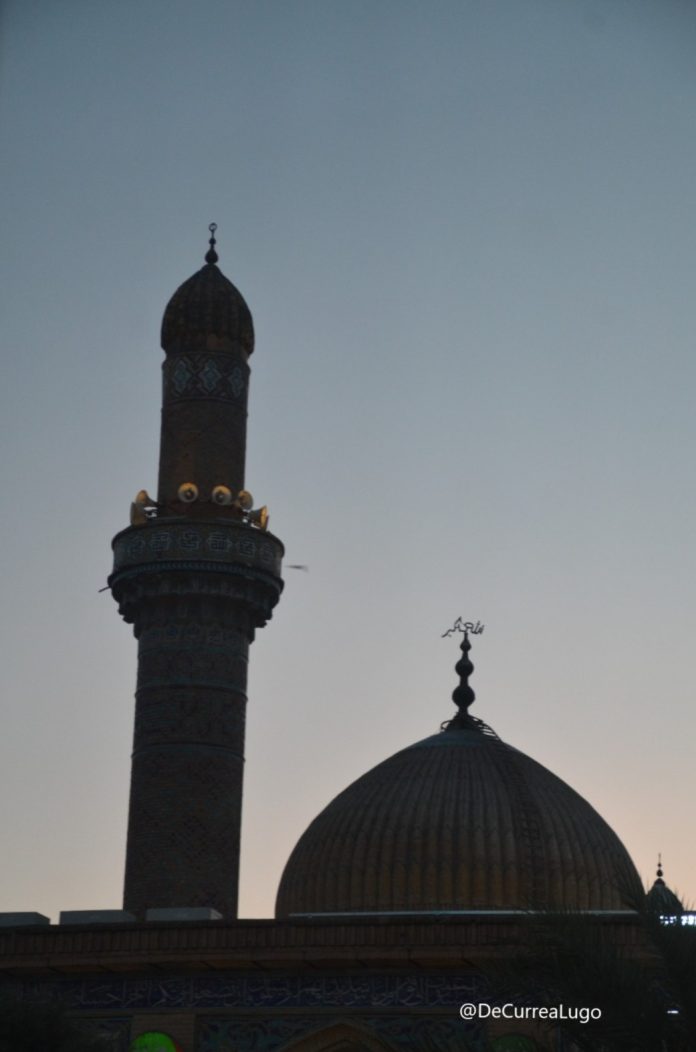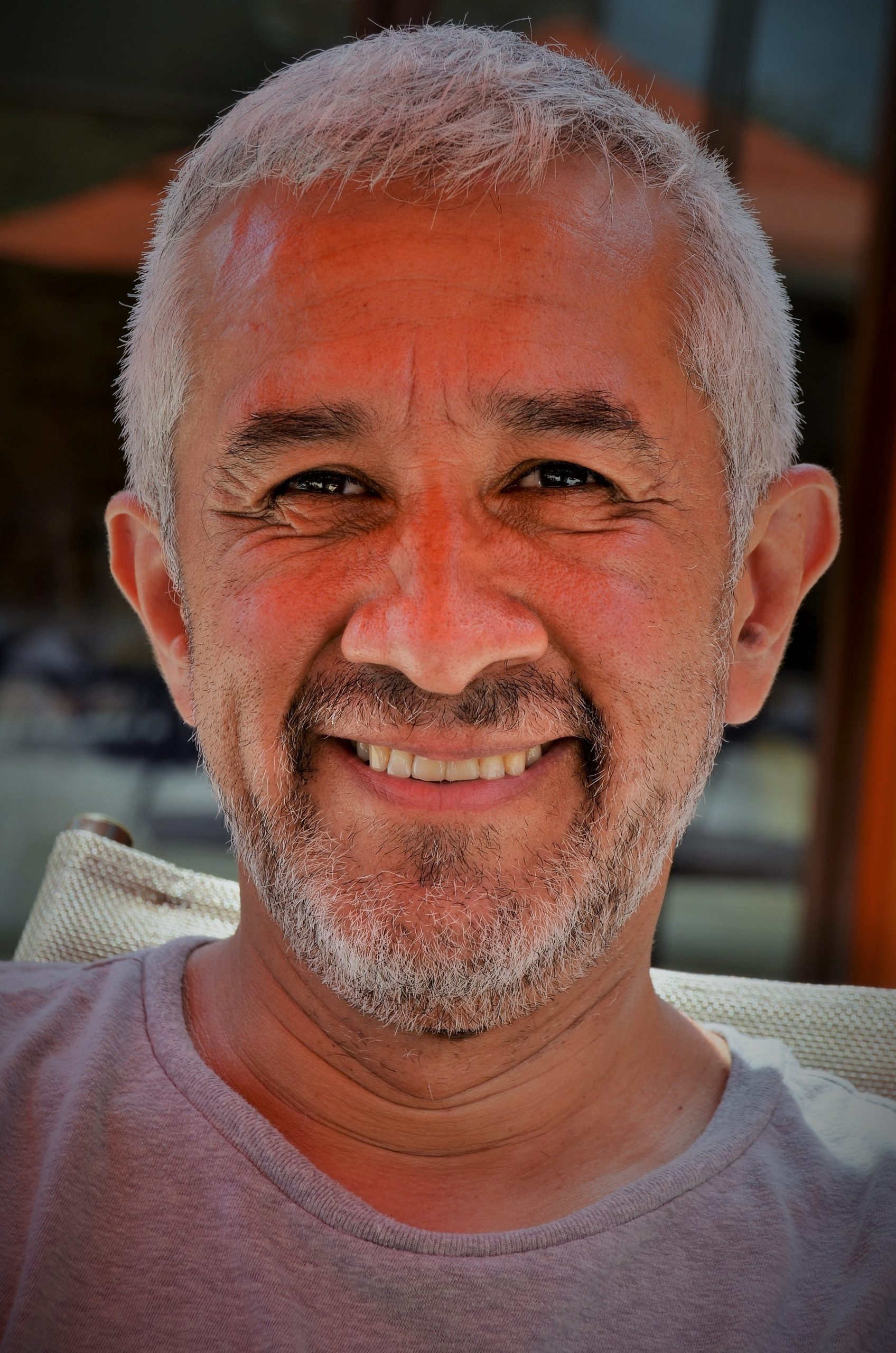Víctor de Currea-Lugo | May 19, 2025
For those who so vigorously defend international law, I tell you that Yemen has been a party to the Genocide Convention since 1988 and is bound by it. That Convention states in Article I that the States Parties «undertake to prevent and punish» the crime of genocide.
I know that the same Convention states in Article VIII: «Any Contracting Party may have recourse to the competent organs of the United Nations to take, by the Charter of the United Nations, such measures as they deem appropriate…»
But seriously, can we expect the UN, where countries like the United States, France, and the United Kingdom decide, to act against Israel when these countries are openly in its favor? The International Court of Justice has issued several decisions calling both the wall Israel built in Palestine and the occupation regime illegal, and nothing has happened.
Do we tell the Palestinians to continue dying peacefully because we must wait for another Advisory Opinion and, suddenly, for someone at the UN to decide to implement it? That futile and perverse wait was what the UN troops asked of the Rwandans; the same troops who abandoned the civilians in Srebrenica.
It is ethically impossible to tell the Palestinians that the UN will save them, because it is the same organization that partitioned their territory in 1947 and allowed its civilians to be massacred in Beirut in 1982.
What has Yemen done?
In 1967, after the Six-Day War, Yemen broke international relations with the United States due to its support for Israel and the Zionist project seeking to appropriate Palestine. In 1982, Yemen, despite its division into two countries, hosted part of the Palestinian resistance that was expelled from Lebanon that year.
Since 2023, Yemen has combined two measures: one, an economic embargo against products entering or leaving Israel through a blockade of the Red Sea. And two, direct attacks on the territory of what is known as Israel.
To understand this action, it is necessary to recognize the collective mentality of the Yemeni people and their unrestricted decision to support Palestine despite their limited resources. Yemenis, both because of their Muslim religion, which prioritizes the defense of the umma, and because of their tribal culture, understand that humanity is, above all, collective and as such must be protected.
The attacks by Israel, France, the United Kingdom, and the United States have not undermined Yemeni will because it does not depend simply on an equation of military capability. On the other hand, the war of attrition that the Western powers launched has instead become a form of attrition for them.
Large Western vessels and powerful weapons have been unable to counter drones and the Yemen strategy, which has led to a huge Western investment with pyrrhic results.
In the case of direct attacks, for example, on Tel Aviv airport, practically one missile a week is enough to keep both air transport and the population of Israel in suspense, as well as to demonstrate Israel’s inability to stop them.
The Responsibility To Protect
The famous R2P (which translates as Responsibility to Protect) was a crude strategy to evade the central question: What to do when, amid a genocide, the United Nations is paralyzed?
That question remains unanswered, beyond semantic games and pompous declarations. Would it be enough to tell the victims of Srebrenica or Sudan that the UN is deliberating while they are dying?
The Cambodian genocide was stopped by the Vietnamese communists, who fully intervened to prevent the massacres carried out by others also in the name of communism. The Rwandan genocide was halted when the Rwandan Patriotic Front guerrillas launched a counteroffensive, driving the genocide perpetrators back to what was then Zaire.
I am aware of the importance of demonstrations, political statements, and articles (like this one) in defense of the Palestinian people, but their real impact is debatable. A genocide cannot be stopped with performance art.
In the face of genocide, many people ask if anyone is going to do anything. And the only ones who do something practical cannot be condemned. Today, the most extraordinary solidarity has been shown by Hezbollah fighters from Lebanon and the government of Yemen.
This is not a cult of violence, but a crushing reality: the genocide of World War II was not stopped by slips of paper, no matter how well written. Similarly, we can expect nothing from the European and Arab governments, only betrayal looms. From the rest of the world, even the most apparently pro-Palestinian, many of their declarations have remained mere words.
So, the only effective way to apply the Responsibility to Protect (R2P) in the face of genocide is by directly attacking the perpetrator. And that is what the people of Yemen are doing. What Yemen is doing is complying with the mandates of the Genocide Convention and international humanitarian law; in other words, it is doing what the UN does not dare.
The worst thing is not only the lack of recognition of this true solidarity, but that the corporate media and part of the West applaud the United States and its allies for bombing those who commit genocide.











